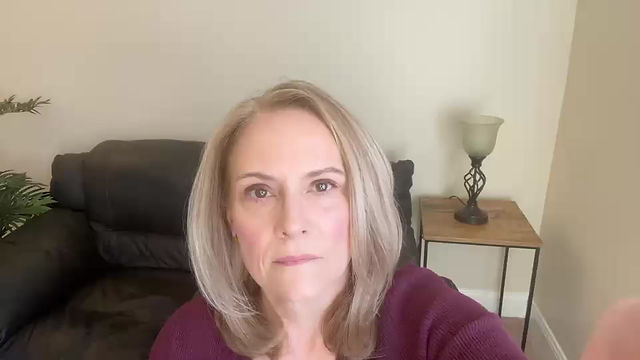Questions To Ask A Prospective Therapist
- Kelly Snow, LPC
- Dec 2, 2024
- 3 min read

If you take the time to look for and find a therapist who is a good fit, you are much more likely to be successful during your time in therapy.
Five top questions to ask a therapist:
1) how much experience do you have working with anxiety and chronic worry?
If possible, try to find a therapist who has been licensed for at least a few years and is in good standing. Resident pre-licensed therapists are generally less expensive, but they also have much less experience. Check out psychologytoday.com or do a Google search for anxiety therapists until you find a page or blog that speaks to you and what you are looking for.
2) what kinds of treatment will reduce my anxiety?
The therapist should be able to explain, in a nutshell, what kind of treatments work best as well as any preferences they have in this regard. Generally, anxiety therapies with a mindfulness component are important. Therapy that combines mind-body therapy is important because anxiety lives in both the mind and body. In the same spirit that both mind and body must be addressed, therapies that help you both feel and learn to regulate your emotions are of importance as a more regulated mind, one that can feel those normal highs and lows and yet come back to calm are crucial to long term wellness. These therapies are “evidence-based based” meaning they have been proven to be useful when applied correctly and practiced consistently how does treatment work?
The therapist should be able to explain how treatments are utilized in real-time and what is needed to create change. You will be advised that if you don’t do work outside the office, you won’t get significantly better. The therapist should emphasize the interplay between work done in the office and supporting work done outside the office. Homework will be tailored to the treatment goals and strengths of the client.
3) how soon will I start to feel better?
This is understandably a good question and a good time to talk about your role in the therapeutic process. Real change can only happen when the client is sincerely motivated and does the work outside of the office. This is why it’s important to be with a therapist you really like and trust. You want someone who will hold you accountable. You will see your therapist only one or two hours a week. Real change is a day in day out process.
4) how much will this cost or do you take insurance therapy comes at numerous price points and for the most point you get what you pay for. There are many therapists who take insurance but they often have days full of clients and can get burned out if they are spending many hours a day seeing clients. More upscale therapists will cost more, but you will get a more personalized experience from a therapist who isn’t exhausted from back-to-back sessions. Such a therapist can invest with you from a much more personalized lens which can help you get better faster. Making this approach a potentially more beneficial approach.
At the end of the day the most important thing is finding a therapist you feel a connection with. This advice is useful but ultimately you know best and when you find the right therapist it’s possible to bloom into that version of yourself that moves to the other side of the stress and anxiety that hinders your ability to feel peaceful and confident in your own life.





Comments